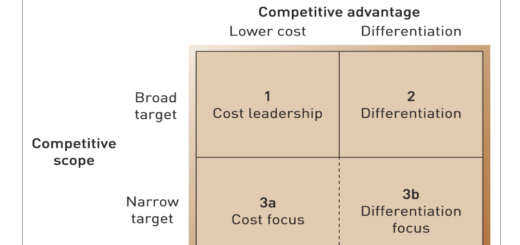Expectancy Theory: Victor Vroom 1964
Expectancy theory, developed by Victor Vroom in 1964 and expanded upon by Edward Lawler and Lyman Porter in 1968, is a motivation theory that explains how individuals make choices regarding behavior in the workplace. According to expectancy theory, individuals are motivated to act in a certain way based on their expectation that the effort they put in will lead to a particular outcome, and the value they place on that outcome.
The formula for calculating the motivational force (MF) in expectancy theory is:
MF = Expectancy x Instrumentality x Valence
- Expectancy refers to an individual’s belief that their effort will lead to high performance. In other words, it is the belief that if they work hard, they can achieve their goals. This can be influenced by factors such as ability, training, resources, and support from the organization.
- Instrumentality refers to an individual’s belief that high performance will lead to desired outcomes, such as rewards or recognition. In other words, it is the belief that if they perform well, they will receive something they value. This can be influenced by the clarity of performance-reward linkage and the perceived fairness of the reward system.
- Valence refers to the value that an individual places on the outcomes that result from high performance. In other words, it is the belief that the rewards or recognition that they will receive are valuable and desirable. This can be influenced by individual preferences, needs, and goals.
By multiplying expectancy, instrumentality, and valence, an individual can calculate their level of motivational force to engage in a particular behavior. According to expectancy theory, individuals are more likely to engage in behaviors that have a high level of motivational force.
In conclusion, expectancy theory provides a framework for understanding how individuals make choices about their behavior in the workplace. By considering the expectancy, instrumentality, and valence of various outcomes, individuals can calculate their level of motivational force and make choices that are aligned with their goals and preferences.


